AAFDA CEO Frank Mullane Awarded MBE in 2019 New Year's Honours list
- Activism
Behaviours in Domestic Homicide Reviews
In this blog post, CEO Frank reflects on the true meaning of humility and its value to meaningful DHRs05/11/2024


Before Domestic Homicide Reviews (DHRs) became law in England and Wales, my family experienced a pilot DHR. There was no statutory guidance. But I had been studying the USA review methodology. The experience caused me to reflect on what constitutes a positive and worthwhile review. After careful consideration I decided I wanted to identify a behaviour which I thought would make it more likely that objectives would be achieved if this behaviour was the foundation (or core) of the review.
I settled on humility. Like so many words we use every day, I realised I did not know the dictionary definition. But after reading it, I didn’t think it reflected the human behaviours I was envisaging.
As a catholic, although lapsed and non-religious, I did have access to a 121 with a priest, via the sacrament of confession. Our local priest was educated at Oxford University, and I thought I would ask him. He said humility was telling someone something about oneself that one had not previously disclosed. This definition, although interesting because it appeared to be different to the dictionary version, did not inspire me.
Later, I read that Ghandi had described humility as not just being willing to disclose the errors of the past but being willing to correct them. This was inspiring but it wasn’t what I was looking for.
Then I came across the definition I really liked. I was at a 12-step meeting (I quit drinking in 2008 and luckily for me, haven’t needed to taste the stuff again). At this meeting, another priest, who has since died, said humility was critical if one was to defeat addiction. He defined humility as – “The willingness to be teachable.” I so vividly remember that moment as being the start of a very clear roadmap not just to sustained sobriety but growing up.
But I found what I think is an improvement on this definition when I stumbled across a theologian’s interpretation. His definition developed the meaning of the word to mean not only being willing to be teachable but being willing to share something of one’s capabilities too. Now, I love this definition. It seems to imbue the practice of humility with real substance and potential for big effect.
Ask most people, and I speculate that they will define humility to include behaviours like gentleness, passiveness, self-denigration and even holding back one’s views. Somewhere I read that Mandela commented that this could amount to false humility. If one accepts the definition of humility as being willing to be teachable and being willing to teach, it is clear that humility is not about holding back, or having a negative view of one’s capabilities. If that is false humility, then it may well lead to resentment in the person expressing it.
Perhaps humility practised in DHRs might look like senior people encouraging and facilitating their team members to be open and honest. Humility pervading the review might mean that panel members are respectful of each other and would actively listen to others regardless of their seniority. All members of the panel would feel confident to express their own views.
It should mean that all contributors always accept that they just might be wrong, so that challenge is given and received in civil manner.
Whenever I ponder what good behaviours in DHRs might be, I imagine the deceased victim observing a DHR panel meeting. They might like a seat at the table. What would they say?
Frank Mullane is the CEO of Advocacy After Fatal Domestic Abuse (AAFDA) and a Home Office appointed reader of DHRs.


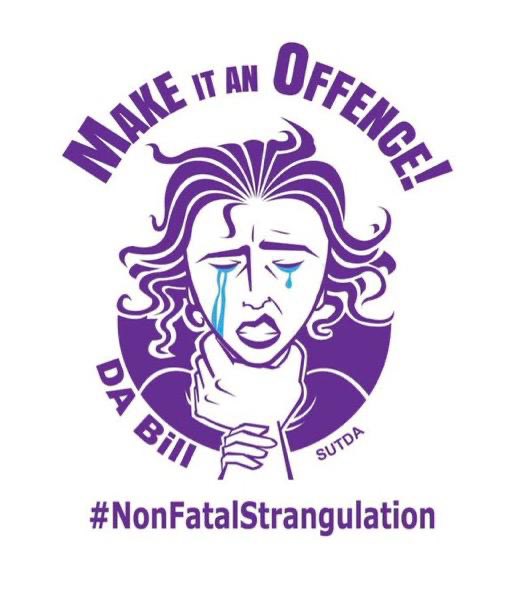









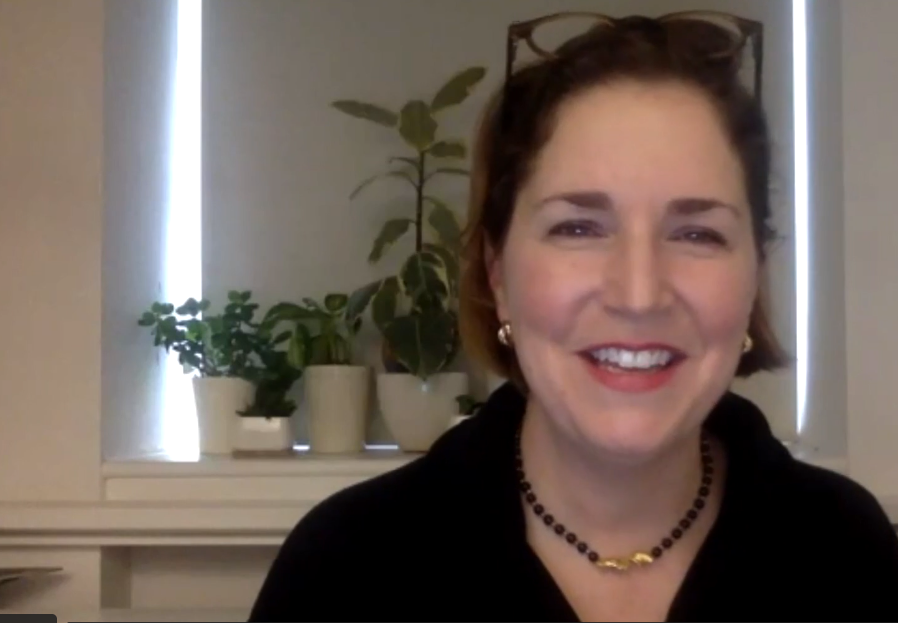
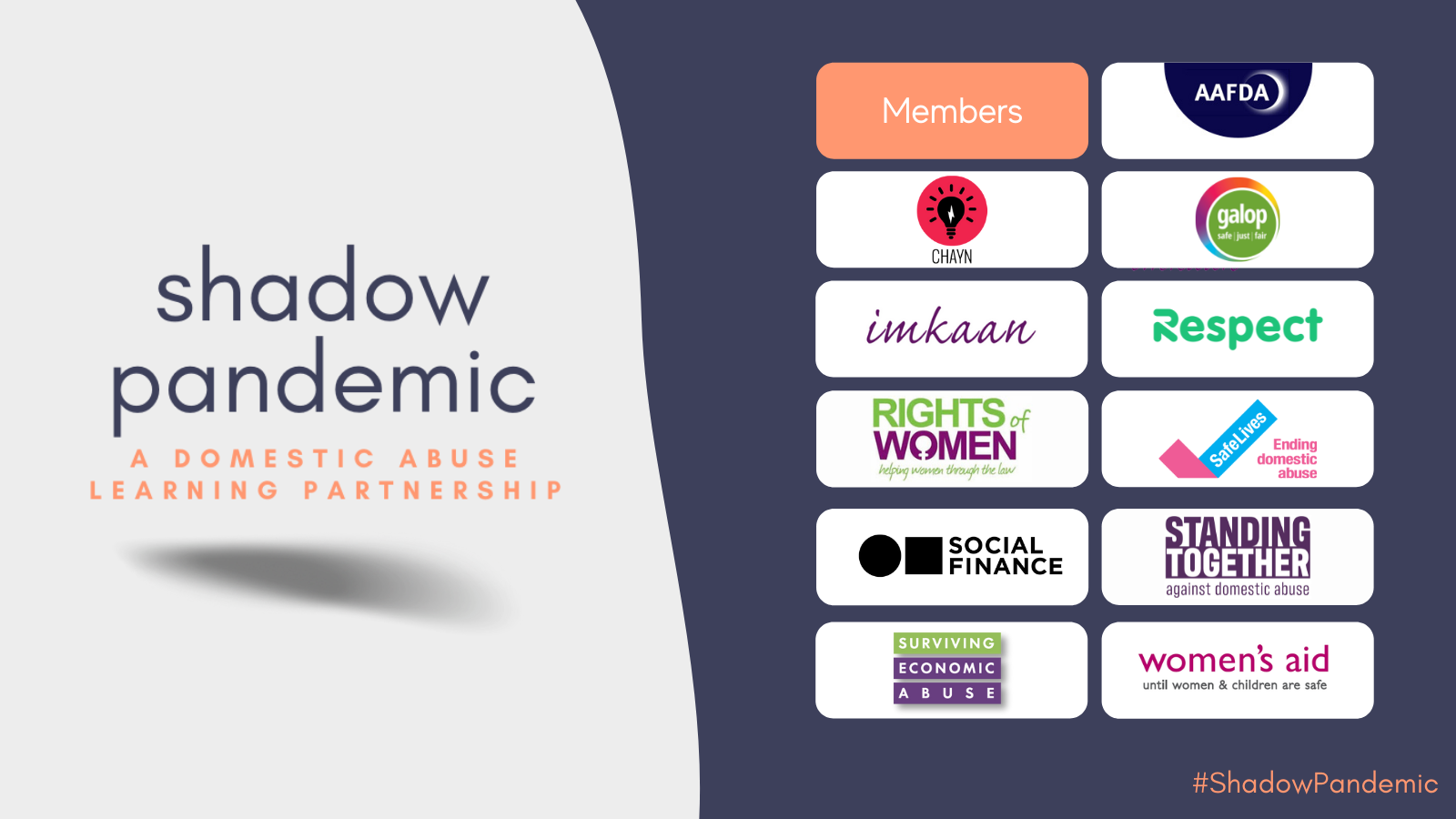



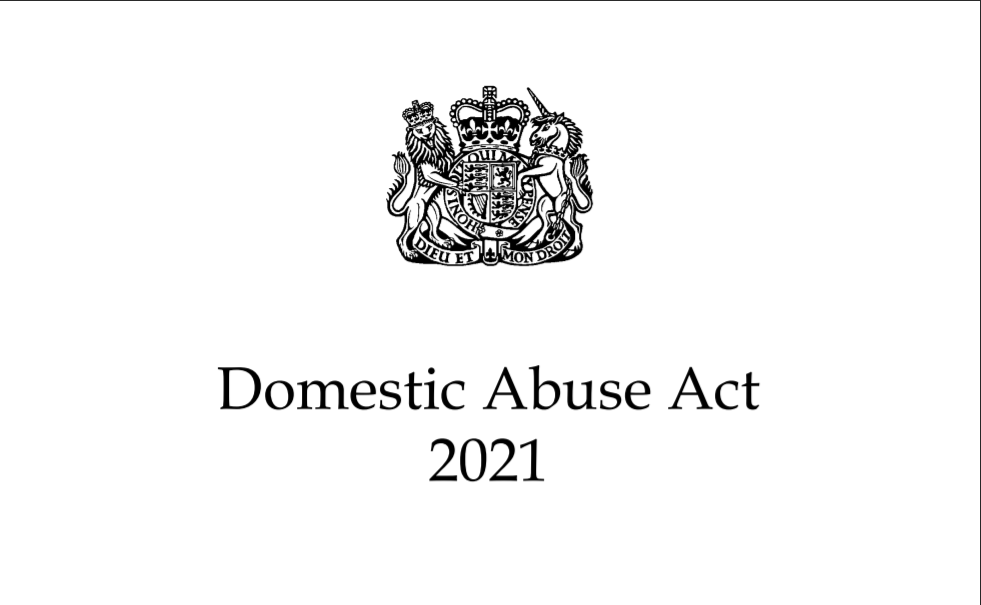
.png)
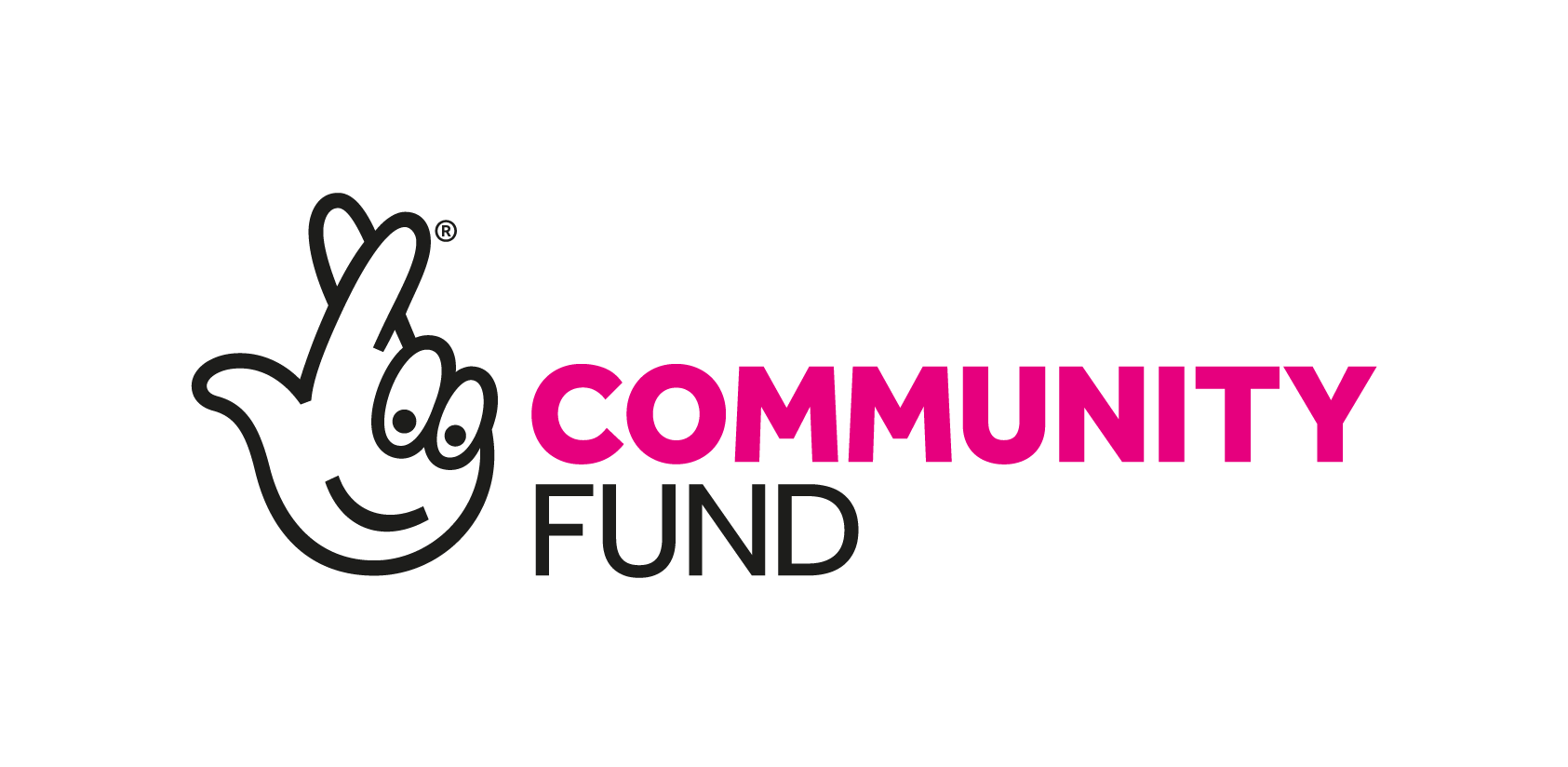
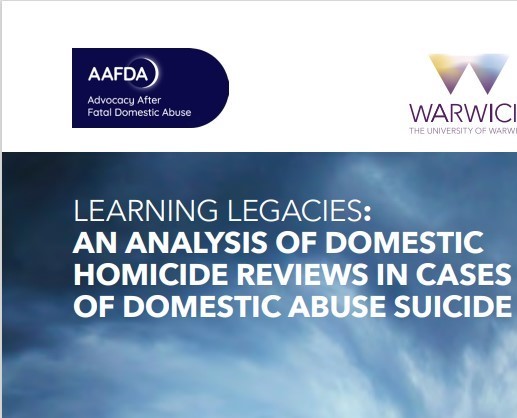


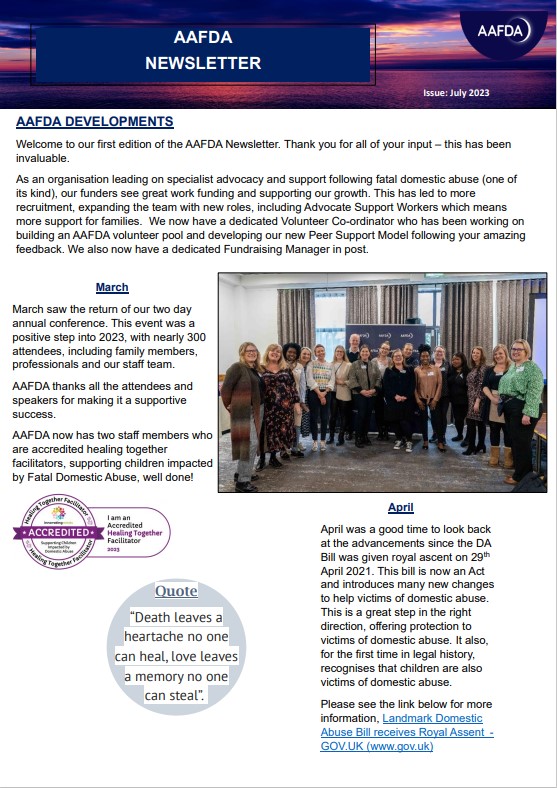

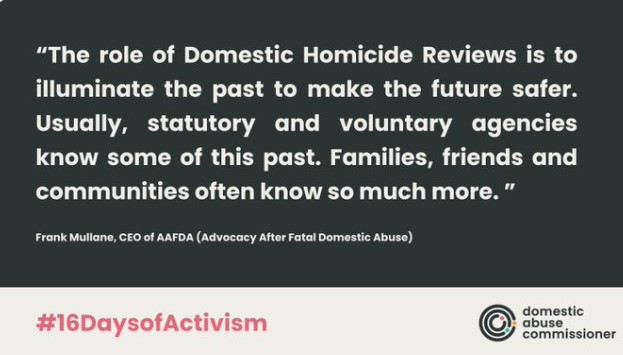


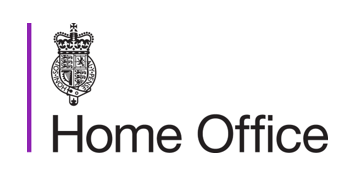
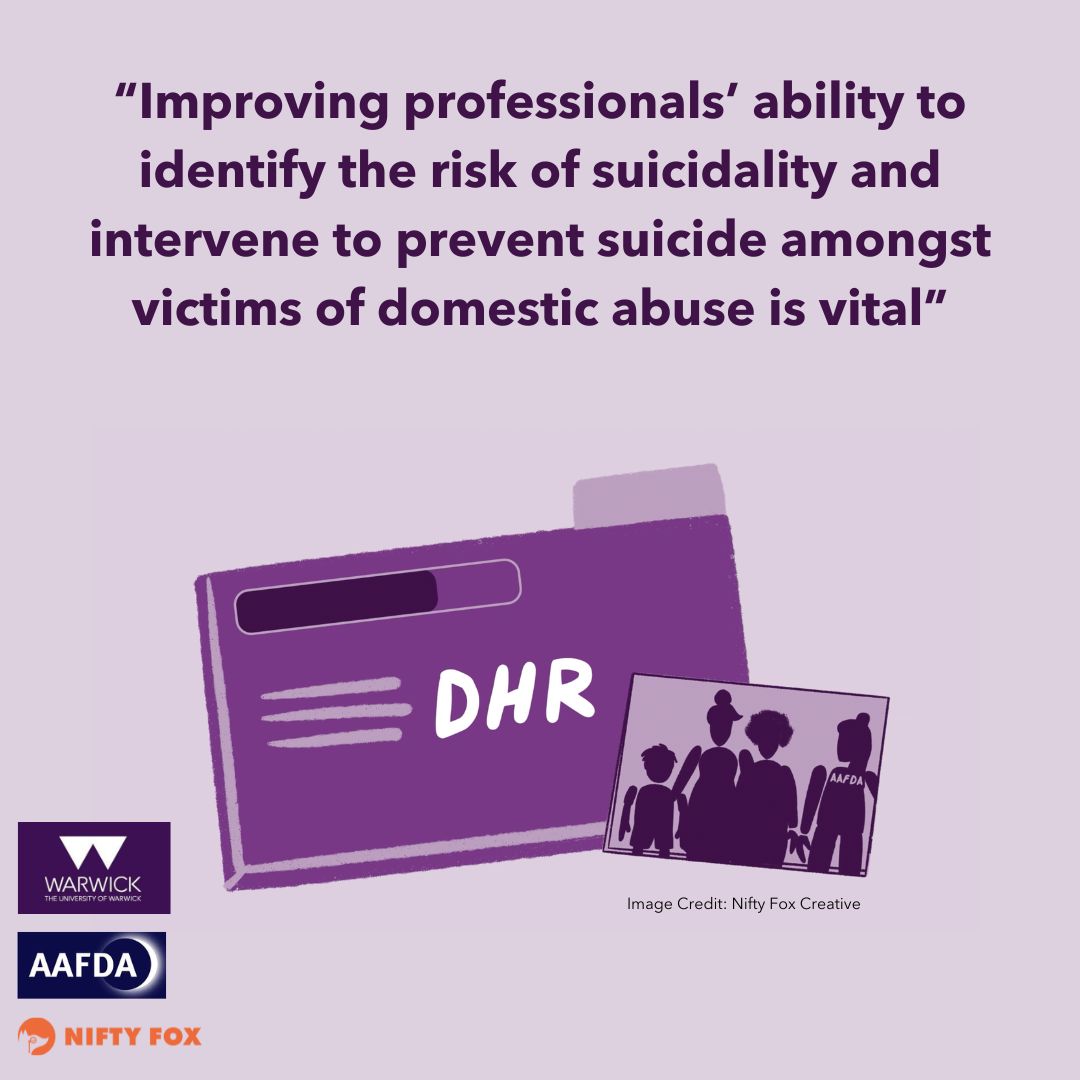

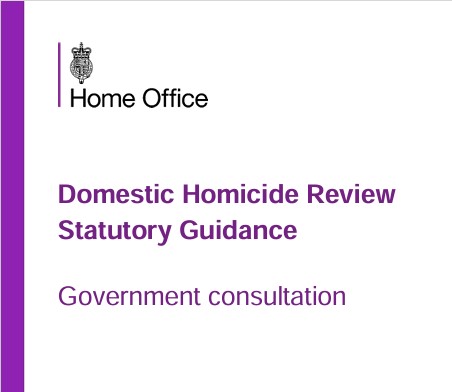

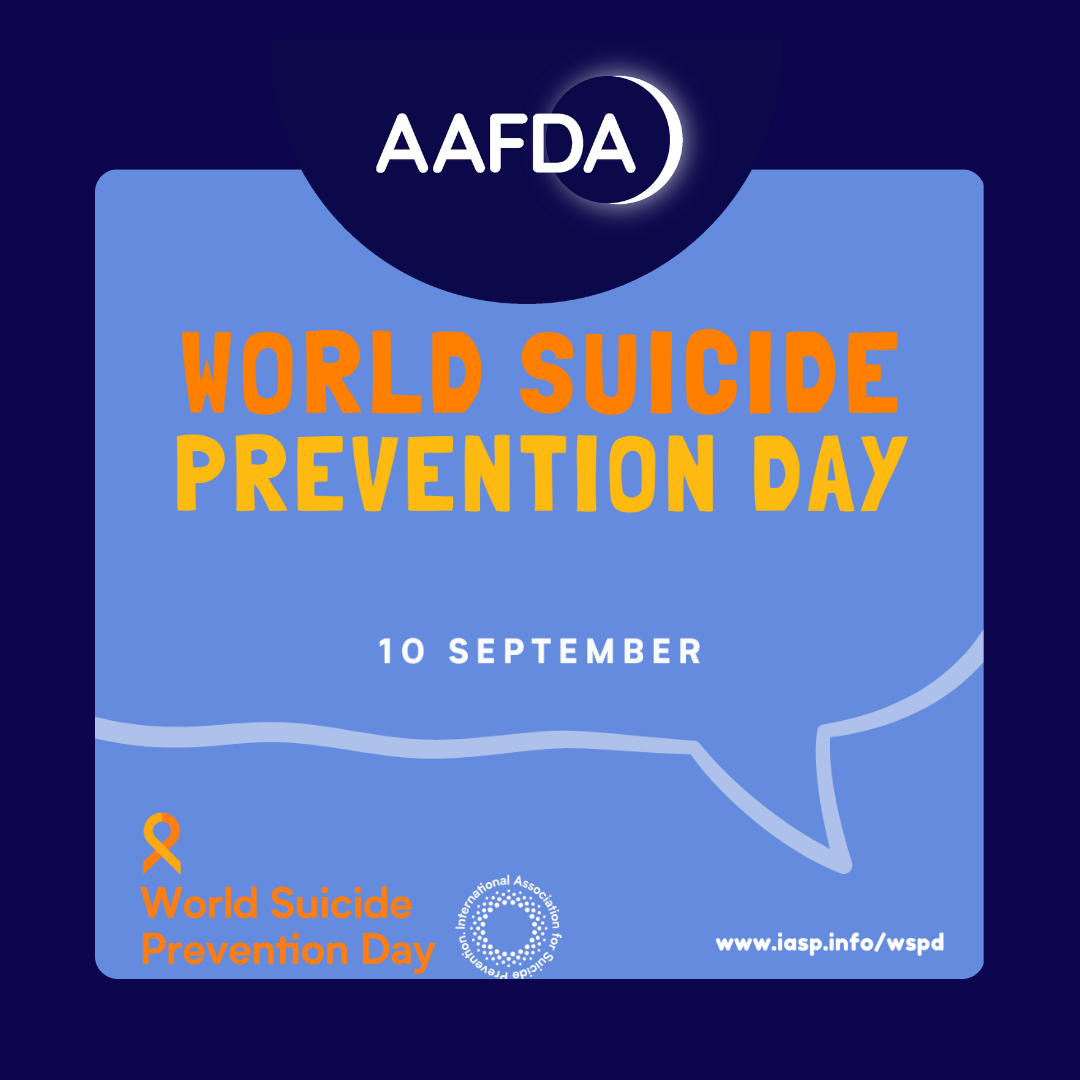



.jpg)




